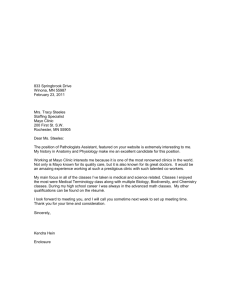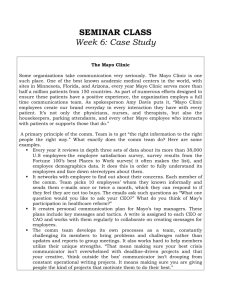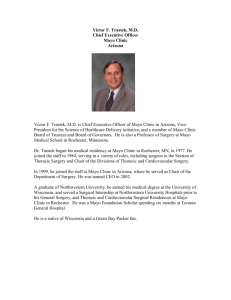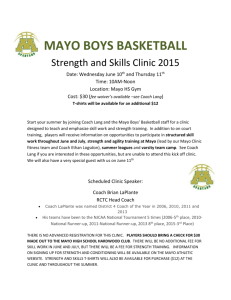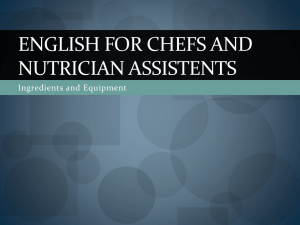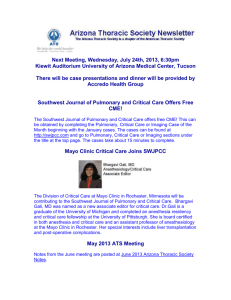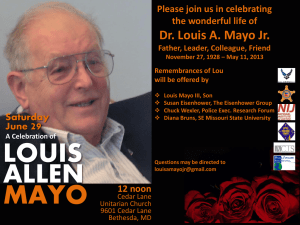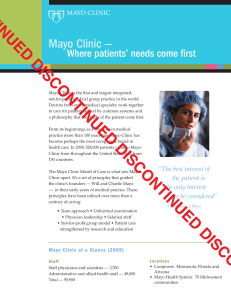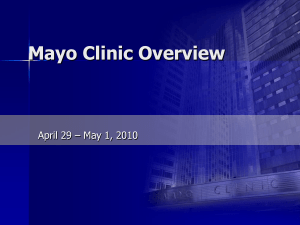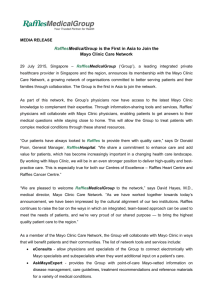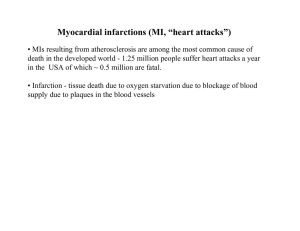Delay In Reaching Hospital Can Be Deadly For Heart Attack Patients
advertisement
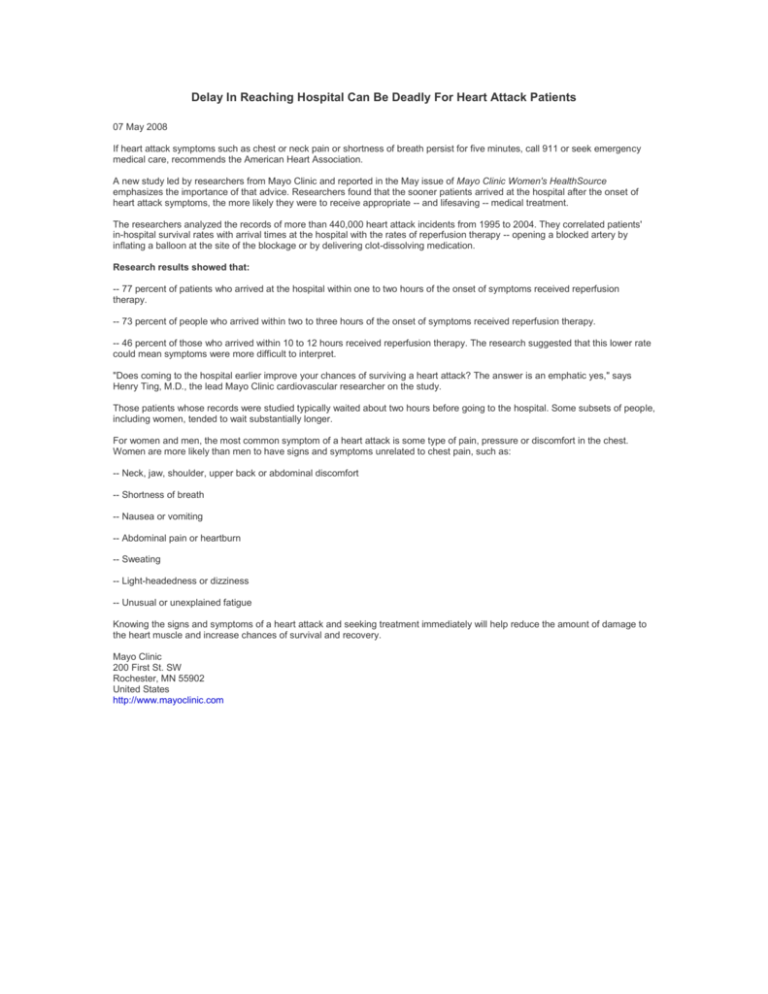
Delay In Reaching Hospital Can Be Deadly For Heart Attack Patients 07 May 2008 If heart attack symptoms such as chest or neck pain or shortness of breath persist for five minutes, call 911 or seek emergency medical care, recommends the American Heart Association. A new study led by researchers from Mayo Clinic and reported in the May issue of Mayo Clinic Women's HealthSource emphasizes the importance of that advice. Researchers found that the sooner patients arrived at the hospital after the onset of heart attack symptoms, the more likely they were to receive appropriate -- and lifesaving -- medical treatment. The researchers analyzed the records of more than 440,000 heart attack incidents from 1995 to 2004. They correlated patients' in-hospital survival rates with arrival times at the hospital with the rates of reperfusion therapy -- opening a blocked artery by inflating a balloon at the site of the blockage or by delivering clot-dissolving medication. Research results showed that: -- 77 percent of patients who arrived at the hospital within one to two hours of the onset of symptoms received reperfusion therapy. -- 73 percent of people who arrived within two to three hours of the onset of symptoms received reperfusion therapy. -- 46 percent of those who arrived within 10 to 12 hours received reperfusion therapy. The research suggested that this lower rate could mean symptoms were more difficult to interpret. "Does coming to the hospital earlier improve your chances of surviving a heart attack? The answer is an emphatic yes," says Henry Ting, M.D., the lead Mayo Clinic cardiovascular researcher on the study. Those patients whose records were studied typically waited about two hours before going to the hospital. Some subsets of people, including women, tended to wait substantially longer. For women and men, the most common symptom of a heart attack is some type of pain, pressure or discomfort in the chest. Women are more likely than men to have signs and symptoms unrelated to chest pain, such as: -- Neck, jaw, shoulder, upper back or abdominal discomfort -- Shortness of breath -- Nausea or vomiting -- Abdominal pain or heartburn -- Sweating -- Light-headedness or dizziness -- Unusual or unexplained fatigue Knowing the signs and symptoms of a heart attack and seeking treatment immediately will help reduce the amount of damage to the heart muscle and increase chances of survival and recovery. Mayo Clinic 200 First St. SW Rochester, MN 55902 United States http://www.mayoclinic.com
